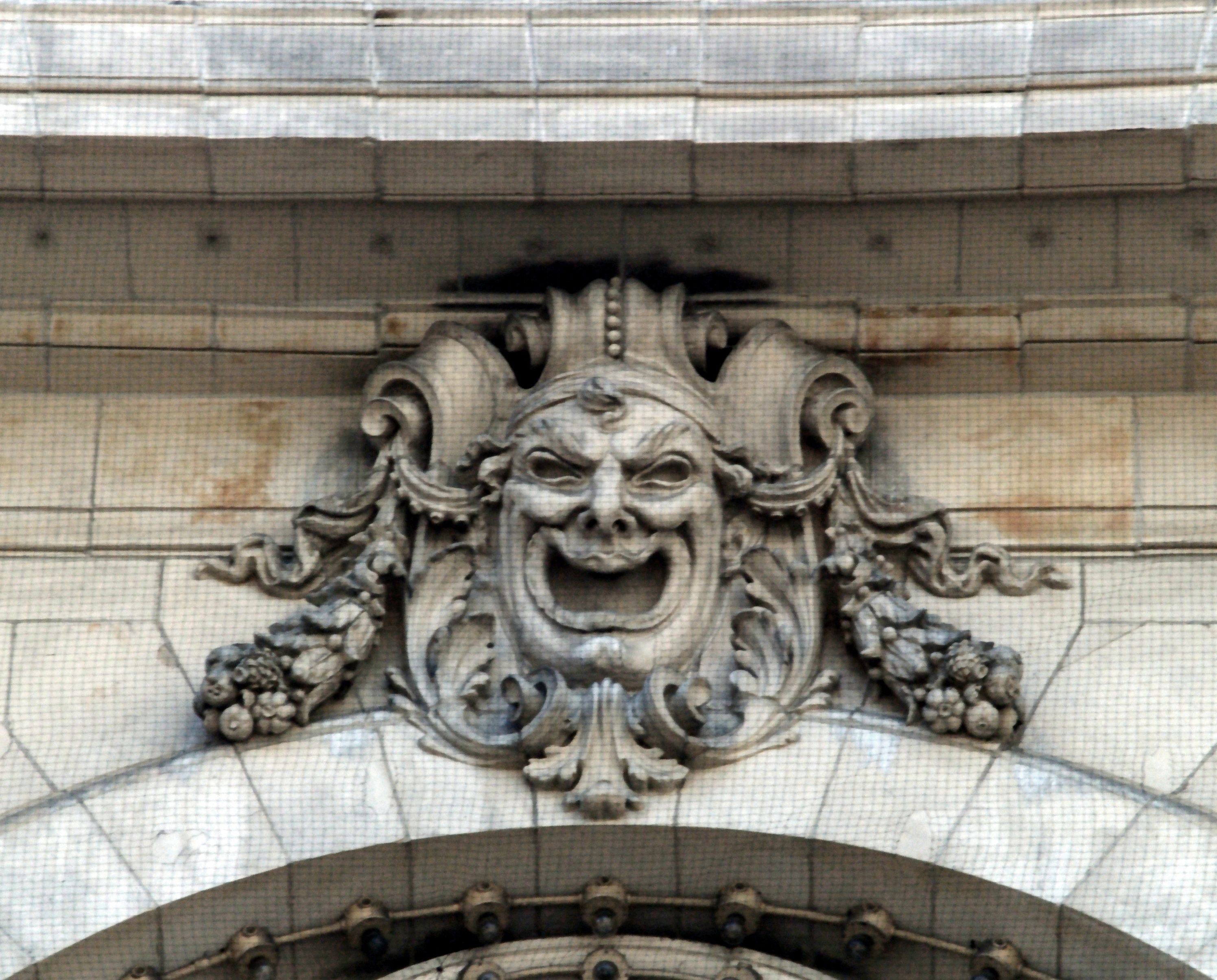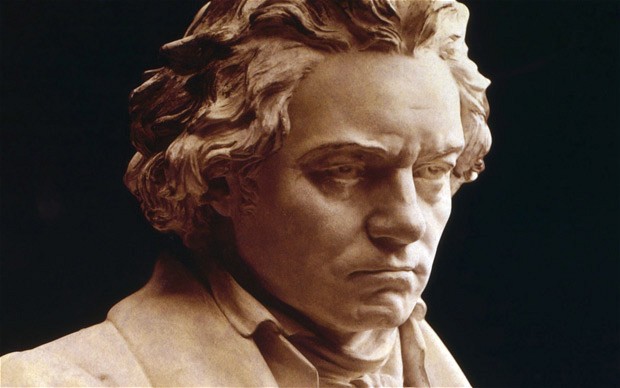Nature in the Key of F
The key of F major has long associations with nature and calm pastoral scenes. As flowers bloom and the pollen count soars, let’s finish out the week with four pieces in F major which evoke images of a springtime pasture: Bach’s Pastorale in F Major Historians believe that bagpipes may have predated ancient Rome. On hillsides in southern Italy and beyond, shepherds played Zampogna (Italian bagpipes). You can hear echoes of the Zampogna …



